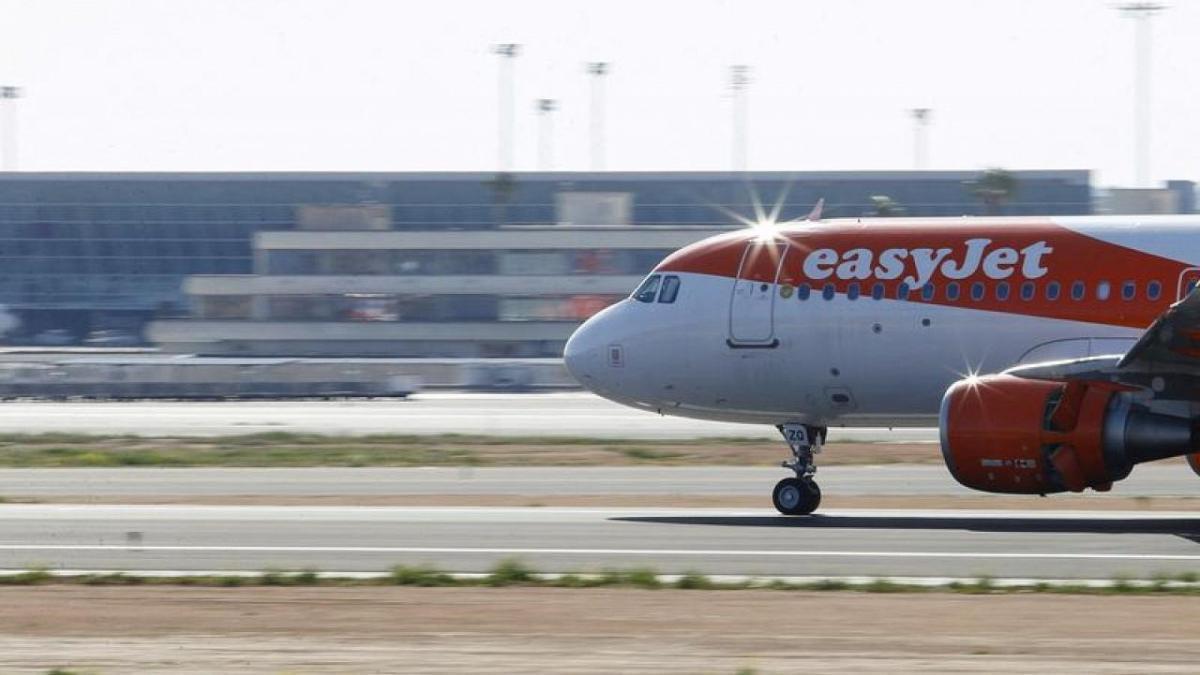Britain’s easyJet said the easing of travel restrictions had spurred demand for summer beach destinations such as Greece, Turkey and Spain, giving the airline cause for optimism after the shadow of Omicron lifts. Its chief executive Johan Lundgren said bookings jumped in Britain when restrictions were reduced earlier this month and were boosted again when the government said testing requirements would end in February. He said easyJet had seen similar trends across Europe, notably in France and Switzerland. “We see a strong summer ahead, with pent-up demand that will see easyJet returning to near 2019 levels of capacity with UK beach and leisure routes performing particularly well,” he said. The airline flew 64% of pre-pandemic capacity in its first quarter to end-December, but its 77% load factor missed its forecast of over 80% after the new variant of COVID-19 dented demand in December. Omicron would continue to have a short-term impact, it said, although it will ramp up capacity from around 50% of pre-pandemic levels in January to 67% for the second quarter. In November, before the impact of Omicron was clear, easyJet had forecast capacity of around 70% for the quarter. Shares in easyJet, which have risen 6% in the last 12 months, were up 1% in early trading on Thursday. Lundgren, who bolstered easyJet’s balance sheet with a GBP 1.2bn rights issue in September, said unlike other airlines that were retrenching, easyJet was adding capacity. He said 1.1 million extra seats were on sale from its largest airport, London Gatwick, while it had launched 16 new routes from the UK and had added capacity to 30 destinations. Total group revenue for easyJet’s first quarter to end-December increased to GBP 805m pounds (USD 1.1bn) against GBP 165m pounds a year ago, while its headline loss before tax for the quarter nearly halved to GBP 213m pounds. (USD/GBP= 0.7450) (REUTERS)










